CFII Training: Advance Your Instructor Skills
Aug 06, 2025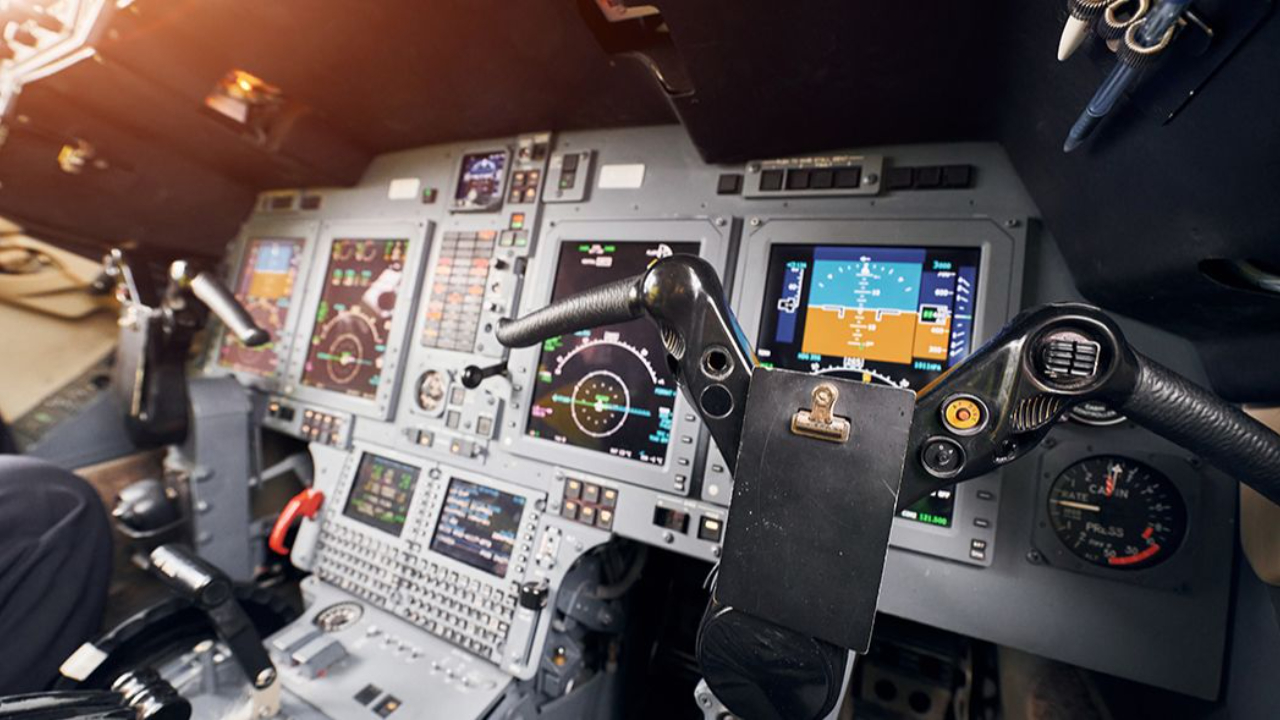
Interested in teaching pilots to fly safely in any weather? CFII training is your next step. This article will explain the benefits of CFII training, the prerequisites you need, the course structure, and tips on choosing the right flight school.
Quick Facts
-
CFII training adds to a flight instructor’s qualifications so you can teach pilots under instrument flight rules and more job opportunities.
-
Prerequisites for CFII training are a commercial pilot certificate, an FAA medical and all the paperwork before you enroll.
-
Picking the right flight school is key to CFII training, FAA certification, instructor quality and program flexibility matter.
Comprehensive CFII Training Overview
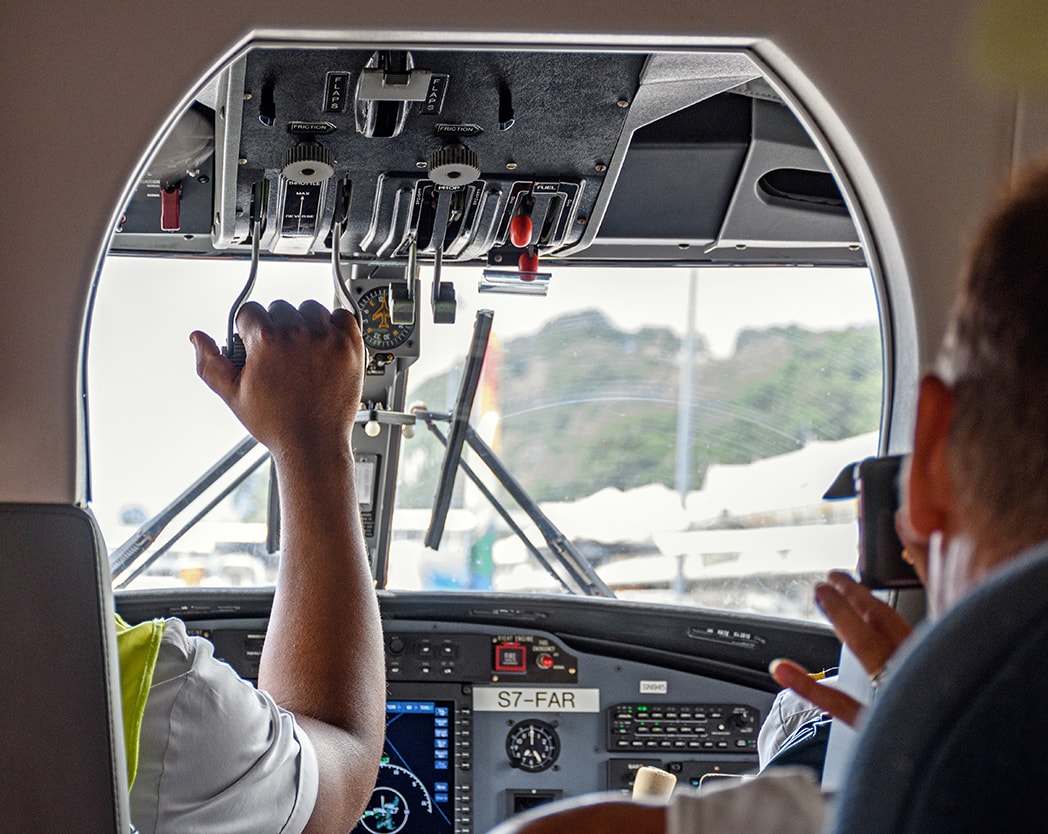
Choosing the right school for your CFII training can make all the difference in your learning experience and career. Building relationships with instructors and finding a school that fits your needs is key to your success.
CFII training adds an instrument rating to your existing certificate. This enhances your teaching abilities and opens up more job opportunities in the aviation industry.
What is CFII?
A Certified Flight Instructor Instrument (CFII) rating is an advanced certification that builds on your existing flight instructor certificate (CFI) and current flight instructor certificates.
It allows you to teach pilots to fly under instrument flight rules (IFR), necessary for flying in bad weather and low visibility. To get a CFII you must complete both ground and flight instruction and pass the FAA’s knowledge test and Practical Test.
Ground training for CFII covers all the knowledge areas for the Instrument Airplane rating, including weather, navigation and regulations.
The practical test combines theoretical knowledge with practical skills so you’re well prepared to teach students, and practicing regularly through a practice IFR test can significantly improve your readiness and confidence.
Why Pursue a CFII Rating?
Getting a CFII rating has many benefits for flight instructors:
-
Improves your teaching skills and proficiency
-
Opens up many more career opportunities
-
Allows you to teach pilots seeking to fly instruments, a critical skill in bad weather
Having a CFII rating has many benefits:
-
Makes you more marketable and in demand in the industry and increases your earning potential.
-
Provides additional training options like the CFII course to get additional ratings.
-
Qualifies you and opens up more teaching opportunities.
Prerequisites for CFII Training
Before starting CFII training, you must meet certain prerequisites:
-
Be at least 18 years old
-
Hold a valid commercial pilot certificate
-
Have an FAA medical certificate
-
Meet age, citizenship, and language proficiency requirements
Essential Qualifications
To enroll in a CFII training program you must:
-
Hold a commercial pilot certificate or an Airline Transport Pilot (ATP) certificate with an instrument rating.
-
Have at least 100 hours of pilot-in-command time (recommended).
-
Bring your logbook with verified flight time.
-
Bring a valid FAA medical.
The CFII certification allows instructors to teach instrument rating courses, opens up more career opportunities and helps you become a better instrument pilot.
Required Documentation
Having the necessary documentation in order is crucial before starting CFII training. This includes an FAA third-class medical certificate or better, and a current Biennial Flight Review logged in your flight records. The enrollment process typically involves submitting an application along with proof of prior flight training.
Most flight schools will have you fill out a one page application and provide personal information as part of the enrollment process. Completing and updating all your paperwork will get you into the program faster so you can get started with your training.
CFII Course Structure
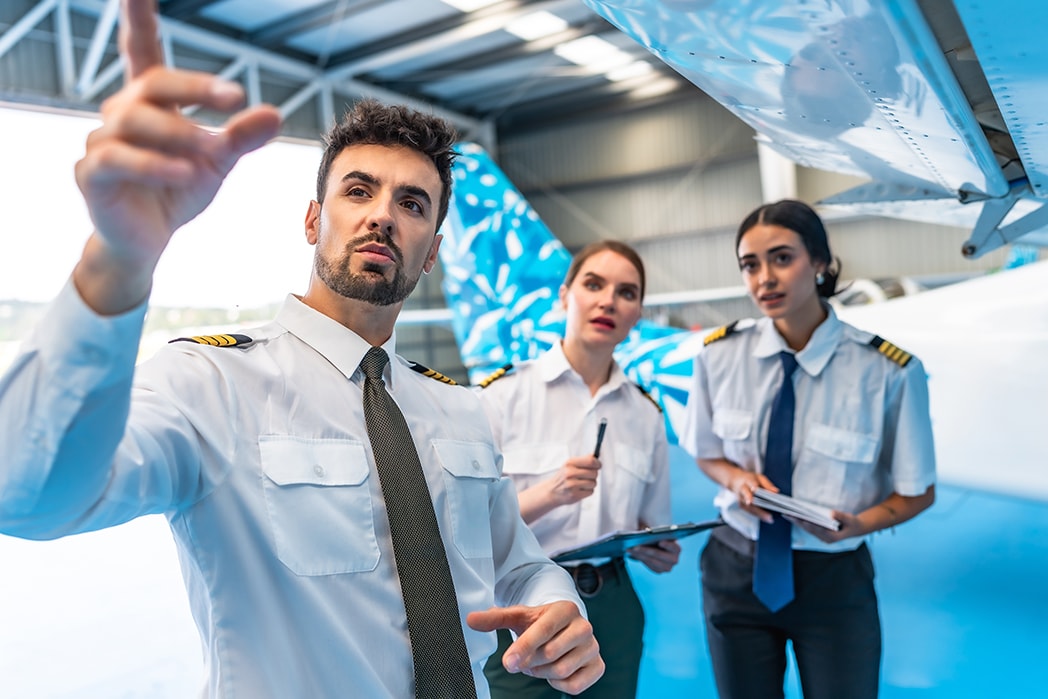
The CFII course builds on your IFR skills, focusing on safety and competence in flight instruction. The course is divided into two stages, each with a Stage Check to assess your progress and readiness.
The course includes both ground and flight instruction for a full learning experience. Many flight schools also offer an additional IFR finish-up course to help students refine their instrument skills and gain confidence before the final checkride.
Over about 12-15 hours of training, you will do a mix of ground and flight training. A typical training day is two ground training sessions and one or two flight training sessions to balance out the learning. The course ends with an End of Course Check by a Check Instructor to validate you’re ready for the checkride.
Ground Instruction
Ground instruction for CFII covers all the knowledge areas for an Instrument Airplane rating, including weather, navigation and FAA regulations. Morning sessions typically cover the technical subjects, the foundation of good instruction. Students often do discussions and simulations to solidify their understanding and apply the theory.
Customization options in the training programs can help with learning by accommodating different learning paces and styles. For example, students can learn unfamiliar avionics systems through the CFII course and add to their skillset and versatility as instructors.
Flight Instruction
Flight instruction in the CFII course is Single Pilot Operations with scenario based training. You will fly through various IFR scenarios while following FAA regulations. This hands on experience is key to developing practical skills and instrument flying confidence.
Experienced Certificated Flight Instrument Instructors (CFIIs) will be your instructors for the flight training, so you will get expert guidance and support. Flight schools like Regal Air have specific aircraft for CFII training so you will have consistency and reliability.
Typical Training Day
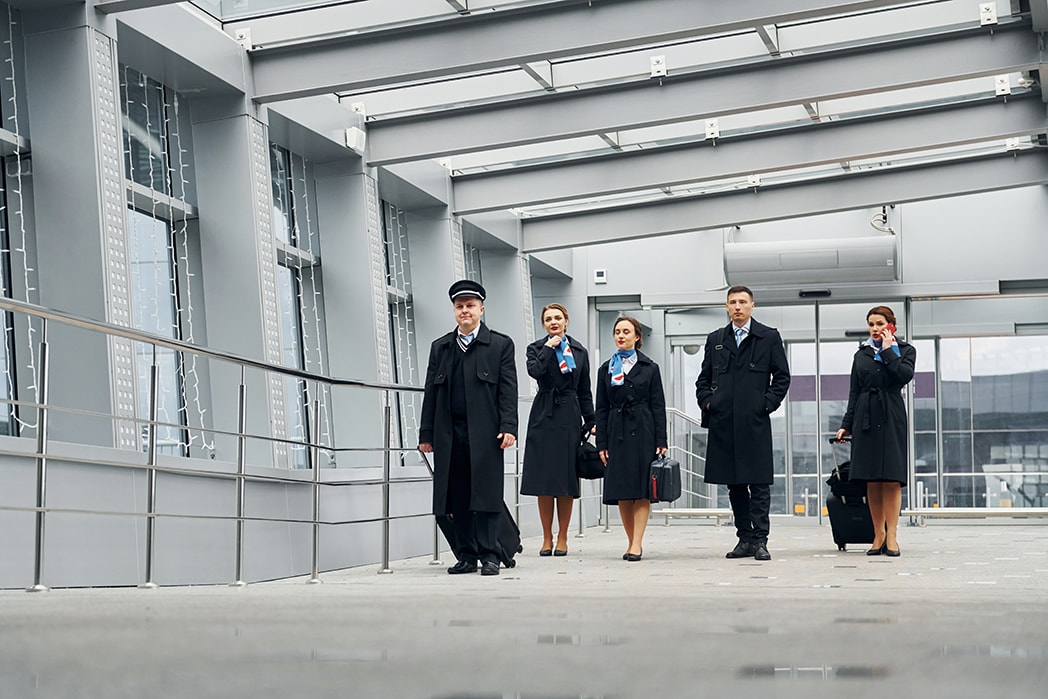
A typical CFII training day will alternate between ground and flight sessions. We will cover both theoretical and practical learning.
This balanced approach will reinforce what you have learned and allow you to apply what you have learned in real world scenarios.
Morning Sessions
Morning sessions in CFII training primarily focus on ground instruction and technical subject areas. These sessions prepare instructors for various teaching scenarios, enhancing their versatility and ability to handle different student needs.
Through in-depth discussions and scenario-based training, students gain a deeper understanding of instrument flying procedures and regulations. This proficient fundamentals knowledge is crucial for effective instruction and helps build confidence in their teaching abilities.
Afternoon Sessions
Afternoon sessions are all practical flight training. You get to apply what you learned in the morning during the week. This hands-on experience is critical to mastering instrument flying and building confidence in real world scenarios.
Under the guidance of experienced instructors, you’ll fly through various IFR scenarios, reinforcing your skills and making sure you’re ready for the checkride. This is a critical part of the CFII training program, bridging the gap between theory and practice.
Checkride Preparation and Completion
The final steps of the CFII training program involve preparing for and completing the checkride. This milestone assesses your ability to explain IFR concepts clearly and demonstrate proficiency in instrument flying.
Preparing for the Checkride
As part of the CFII course, students can schedule their practical test and get test recommendations on the 5th day of training. Make sure you review the FAA’s Practical Test Standards for the CFII checkride.
Preparation is a thorough review and practice of both theoretical knowledge and practical skills. This way you’ll be ready to meet the standards to pass the checkride and get your CFII rating.
Completing the Checkride
Checkride is the final step of your CFII training. Typically, applicants take their CFII checkride on the 4th day of the training course, a big milestone in your journey to become an instrument flight instructor.
Passing the checkride means you’re ready to teach instrument rated pilots and you’re proficient in IFR.
Cost and Enrollment Information
Understanding the cost and enrollment process for CFII training is key to planning your journey. Costs vary by program and prior experience but it’s worth the investment.
Course Costs
Total cost to get your CFII at many flight schools like Acron Aviation Academy is around $27,800 including flight hours and materials. But we have flexible pricing options to help manage the cost.
Many schools have installment plans where you can pay as you go as you progress through the training making it more affordable.
Some schools offer discounts for students who pay a deposit when enrolling in CFII training.
Pay as you go plans are also available to give you more flexibility in managing the expenses. We want financial constraints not to hold you back from enhancing your flight instructor skills.
How to Enroll
Enrolling in a CFII training program typically involves completing the required documentation and following the enrollment steps set by the flight school.
CFII courses usually begin on Mondays. Reviewing the training materials in detail before arriving ensures you are well-prepared.
This preparation will help you add to make the most of your training experience from attending day one, once it is designed and completed, provided it is done effectively and qualified to train.
Advanced Training Options
Want to add more to your qualifications? Additional training options are available beyond the CFII course. CFI+CFII combo programs and multi-engine instructor certification are two of them which add more skills and more teaching capabilities to your resume.
CFI+CFII Combo Programs
CFI+CFII combo programs combine both Certified Flight Instructor (CFI) and Certified Flight Instructor Instrument (CFII) training so you can get both ratings at the same time.
This is the most efficient and comprehensive way to get both ratings, including the initial CFI.
Enrolling in a CFI+CFII combo program will increase your teaching abilities, more job opportunities and reduce overall training time compared to getting the ratings separately.
It’s a great option for those who want to maximize their time and investment in flight training.
Multi-Engine Instructor Certification
Having a Multi-Engine Instructor (MEI) rating is required if you want to teach in multi-engine aircraft. This rating will expand your teaching scope and open up new opportunities in the aviation industry, allowing you to teach in more complex aircraft and add another rating to your professional qualifications.
Choosing the Right Flight School
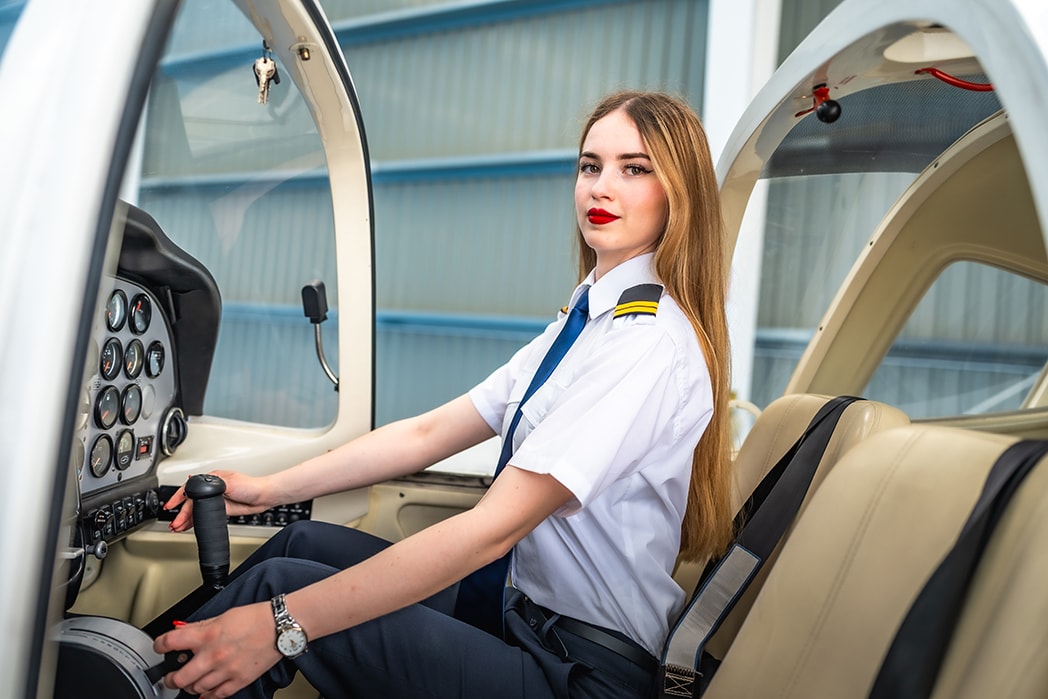
Choosing the right flight school for your CFII training requires careful consideration. Critical factors include:
-
FAA certification
-
The quality of instructors
-
Available training programs tailored to individual needs These factors are essential in ensuring a successful training experience.
Accreditation and Reputation
A flight school with a good reputation can make a big difference in your CFII training. Accreditation means the school meets the standards for training, which directly impacts the quality of instruction and resources available to you.
Reviews and testimonials from past students can provide valuable insights into a flight school’s reputation, reflecting its effectiveness in training and the overall experience of its students. Taking these factors into account will help you choose a school that aligns with your goals and expectations.
Program Flexibility
When evaluating program options for CFII training, flexibility is key. Flight schools that offer flexible scheduling and customizable programs can accommodate different student needs and lifestyles so you can balance training with other commitments.
Customizable scheduling means you can schedule your training around your personal commitments making it easier to manage your time. This is especially important if you have work, family or other responsibilities to juggle with your flight training.
Summary
In summary, getting your CFII rating will make you a more skilled flight instructor, open up more career opportunities and make you more marketable in the aviation industry.
The CFII training programs available today provide a structured path to mastering instrument flight instruction so you’ll be ready to teach pilots in challenging conditions.
Investing in CFII training is an investment in your professional growth and success in the aviation world.
By choosing the right flight school, meeting the prerequisites and fully engaging in ground and flight instruction you can get this advanced certification and take your career to new heights. So go for it and fly forward with confidence and expertise.
Frequently Asked Questions
What are the prerequisites for CFII training?
To start CFII training, you must be at least 18 years old, hold a valid commercial pilot certificate, and possess an FAA medical certificate, along with meeting the necessary age, citizenship, and language proficiency requirements.
What does the CFII course structure include?
The CFII course structure includes both ground and flight instruction designed to enhance IFR skills, divided into two stages with each stage concluding with a Stage Check, totaling about 12-15 hours of training.
How do I prepare for the CFII checkride?
To effectively prepare for the CFII checkride, familiarize yourself with the FAA's Practical Test Standards and ensure you have a solid grasp of both theoretical and practical knowledge. Comprehensive review and structured practice are key to your success.
What are the costs associated with CFII training?
CFII training typically costs around $27,800, though many flight schools offer flexible payment options like installment plans to make it more manageable. It’s essential to check with your chosen flight school for specific pricing and options.
What advanced training options are available after obtaining a CFII rating?
After obtaining a CFII rating, you can pursue advanced training options such as CFI+CFII combo programs and multi-engine instructor certification, both of which enhance your qualifications and teaching capabilities. These options prepare you for a broader range of flight training scenarios.
